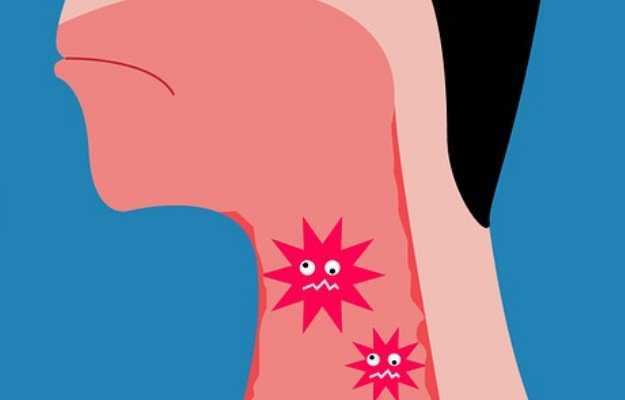What is oropharyngeal cancer?
Oropharyngeal cancer, commonly known as throat cancer, affects the back of the mouth – the soft palate, tonsils, back one-third of the tongue and pharynx. This cancer affects breathing, eating and speech of the affected person. Oral cancer is amongst the top three most common cancers in India, affecting men more than women. It is more prevalent among the middle age and low-income groups due to more exposure to risk factors, such as chewing tobacco.
What are its main signs and symptoms?
Usually, early stages of this cancer go unnoticed as it is painless and shows few physical changes that are frequently ignored. There are 4 stages of the cancer based on the spread of the cancer to lymph nodes and other organs.
Common symptoms of this cancer are:
- Difficulty in chewing/swallowing food and water
- Stiffness in jaw and difficulty in opening the mouth completely
- Sore throat
- Unhealed ulcers/sores in mouth
- Swelling in the tumour-affected area
- Difficulty in moving the tongue
- Loosening of teeth or a toothache
- Pain in ears and neck
- Hoarse voice
- Unexplained weight loss
- Fatigue and loss of appetite
- A protuberance in the back of the mouth, throat or neck
- A white/red patch on the tongue or lining of the mouth
- Coughing up blood
If you are tired of dieting and exercising and are not able to lose weight, then use myUpchar Ayurveda Medarodh Fat Burner Capsule, it has no side effects, order it today and avail the benefits.
What are the main causes?
Use of tobacco is the primary risk factor for a majority of oropharyngeal cancers diagnosed. Heavy alcohol use can also contribute to oropharyngeal cancer. The combined use of alcohol with smoking can predispose people to a much higher risk of cancer.
Other causes of oropharyngeal cancer are:
- Human papilloma virus (HPV) infection
- Exposure of lips to ultraviolet rays (sun, sunlamps)
- Previous exposure to radiotherapy or radiation
- Chewing betelnut/betel leaf
- Exposure to asbestos, sulphuric acid and formaldehyde
- Gastro-oesophageal reflux disease (GERD)
How is it diagnosed and treated?
The dentist, the otolaryngologist (ENT) and the head and neck surgeon are the best specialists that can examine for possible signs of oropharyngeal cancer or pre-cancer. Several procedures may be required to diagnose cancer based on its type:
- Physical examination of the throat along with an enquiry about medical history and risk factors
- Endoscopy – laryngoscopy/pharyngoscopy/nasopharyngoscopy based on the position of the lesion/sore
- Oral brush biopsy
- HPV testing
- X-ray
- Barium swallow
- Computed tomography (CT or CAT) scan
- Magnetic resonance imaging (MRI)
- Ultrasound
- Positron emission tomography (PET) or PET-CT scan
Treatment selections depend on several factors – type and stage of cancer, possible side effects and overall health. Treatments of cancer involve either one or a combination of these therapies:
- Surgery – primary tumour surgery, removal of the tongue (glossectomy), removal of a part or the whole jawbone (mandibulectomy), removal of a part or all of hard palate (maxillectomy), neck dissection and removal of partial or total larynx or voice box (laryngectomy). Apart from invasive surgeries, transoral robotic surgery and transoral laser microsurgery are other less invasive options
- Radiation therapy – external beam radiation and internal radiation therapy are forms of radiation therapy
- Chemotherapy
- Immunotherapy – drugs such as pembrolizumab and nivolumab can also be used for treatment
- Targeted therapy – targeted therapy blocks specific cancer genes and proteins
Duration of treatment depends upon the stage of cancer. It may last from 6 weeks to more than 6 months. The treatment of cancer is expensive, costing approximately 3.5 lakhs.
Treatment for cancer may often cause side effects. Hence, patients are provided with supportive or palliative care for their physical, emotional and social needs. Apart from these, changes in lifestyle are required – reducing/avoiding alcohol and tobacco consumption, avoiding direct exposure to sun and avoiding junk food, saturated fats and processed food.
















